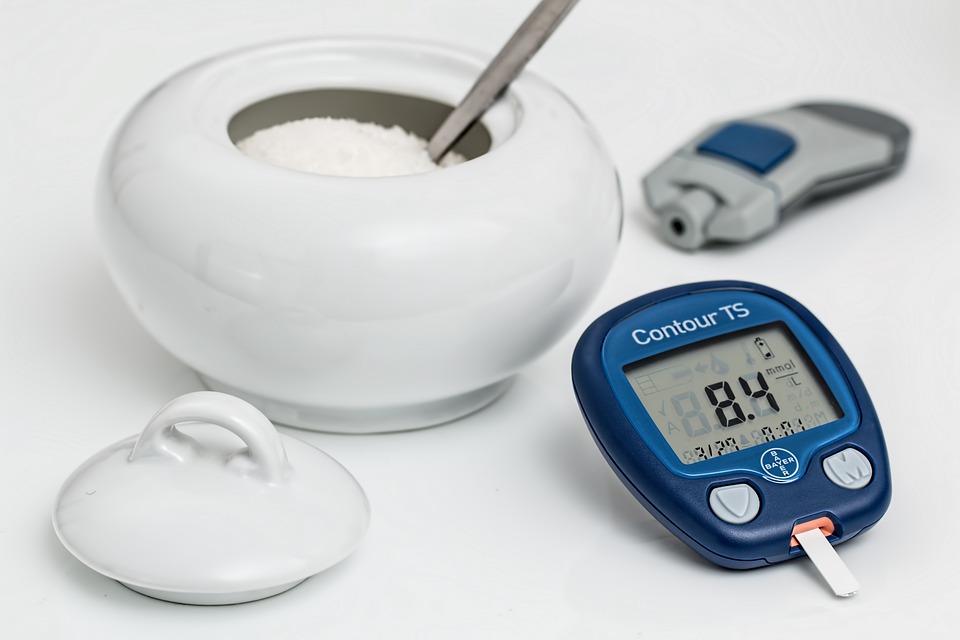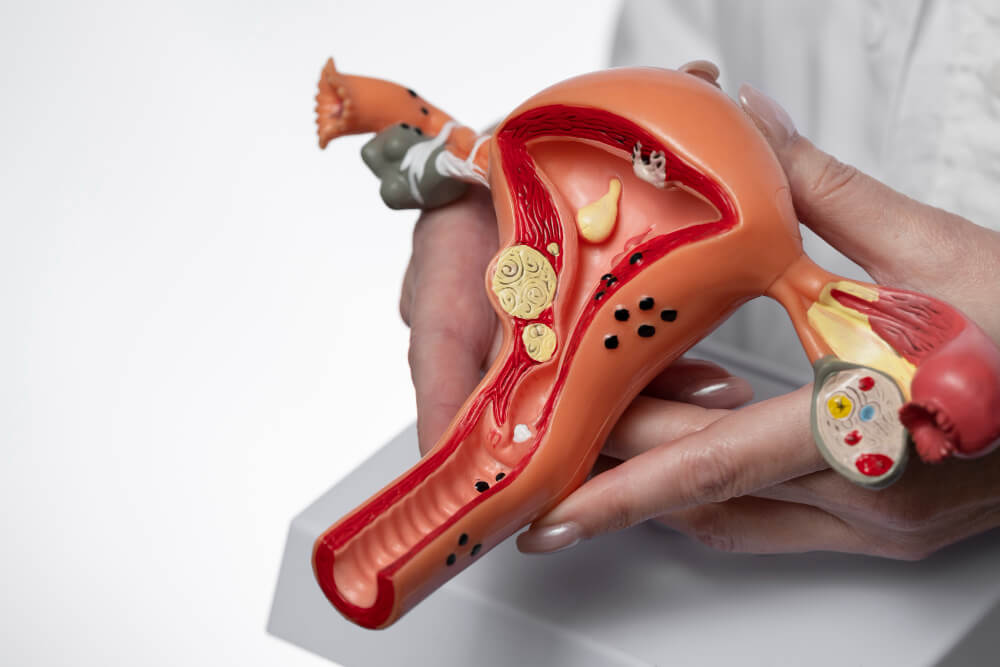Which Symptoms of Diabetes that Should not be Ignored

Diabetes occurs as a consequence of the stress of modern life because insulin reacts to stress hormones, improper diet, and increased body weight. This disease got its name “silent killer” because its symptoms are often hidden and difficult to notice, most often when the disease has already progressed.
What is Diabetes?

What is Diabetes?: As food is digested, it breaks down into glucose (sugar), which creates energy and strength for our cells. Insulin, a hormone produced by the pancreas, transports glucose from the blood to other cells in the body. However, if there is not enough insulin or the insulin does not work properly, then glucose remains in the blood vessels causing the blood sugar level to rise. There are three main types of diabetes: type 1, type 2 and gestational diabetes.
Also read: The Difference Between Type 1 and Type 2 Diabetes: Symptoms
Type 1 (symptoms of diabetes type 1) is characterized by the fact that the pancreas is no longer able to produce insulin, and this case is usually characteristic of children, teenagers and the younger population. Gestational diabetes usually appears before the end of pregnancy and usually disappears after childbirth. The most common form of diabetes is type 2 (type 2 symptoms of diabetes), which can be caused by being overweight, physically inactive, genetic predisposition, past gestational (gestational) diabetes, high blood pressure, low “good” cholesterol, or high triglycerides.
Like any other disease, diabetes can cause a number of complications if not detected in time. Problems can occur everywhere, from the eyes, kidneys, nerves to the reproductive organs, blood vessels and gums. But the most serious problems are heart disease and the risk of stroke. Because of all this, it is very important that you recognize it as soon as possible.
Also read: Diabetes: See the symptoms of the disease, Living Style Better to Avoid Diabetes
Most Common Symptoms of Diabetes
Constant Feeling of Tiredness
Unlike healthy people, in whom sugar penetrates the cells and is converted into energy, in diabetics it stays in the blood. The result is a lack of energy despite consuming food. One of the typical symptoms of undiagnosed diabetes is extreme fatigue, which occurs even when you are rested and asleep.
Extreme Feeling of Thirst and Frequent Urination
If you notice an increased feeling of thirst that is not caused by a special reason, and which results in frequent going to the toilet, it may be a sign that you have diabetes. Pay special attention if your child drinks a lot of fluids and urinates often, because that is one of the first and most obvious signs that your child has this disease. This symptom may be accompanied by a feeling of dry, dry mouth.
Also read: How Diabetes Affects Erectile Dysfunction?
Sudden Weight Loss
If you are not on a diet and do not pay special attention to your diet, and you are not more physically active than before, but you notice that you are losing weight suddenly, that can be one of the symptoms of diabetes. Too high a blood sugar level can cause sudden weight loss, as much as five to 10 pounds in two to three months, which is certainly not uncommon unless there is a special reason for it. Namely, in the case of diabetes, the hormone insulin cannot feed glucose, so it remains in the blood, which is why the body thinks that it is hungry and begins to consume muscle proteins as an alternative source of energy.
Increased Hunger
Excessive need for food is another sign of diabetes, and it is caused by changes in sugar levels. When the sugar level drops, there is a feeling of hunger and the need for glucose as a source of energy.
Blurred Vision
Symptoms can sometimes include vision problems because high blood sugar levels draw fluid from tissues, including the eyes. If left untreated, diabetes can cause permanent damage to vision, and if you notice that your vision is blurred, be sure to see your doctor as soon as possible.
Sensitive Gums
Diabetes can weaken the ability to fight bacteria, which increases the risk of gum infection. Also, gingivitis accompanied by pus can occur, especially if you already had gum infections before diabetes appeared.
Tingling in Feet and Hands
Diabetes is one of the most common causes of peripheral neuropathy. In this case, tingling occurs first in both feet, and then the uncomfortable feeling spreads throughout the legs, and the same feeling is in the hands along with the other symptoms we have listed. As many as two-thirds of people with diabetes have moderate to severe nerve damage, and in many cases this is the first symptom of diabetes.
Slow Wound Healing and Infection
Itching, dry skin or poor circulation can also be signs of diabetes. Darker skin in the neck or armpit area can be a sign of the body’s resistance to insulin and high blood sugar levels. If you notice such changes, be sure to make an appointment with a doctor. Also, if you notice that you have frequent infections and injuries that are difficult to heal and do not heal as easily as before, and even small scratches, it is possible that you have diabetes, so visit a doctor as soon as possible.



